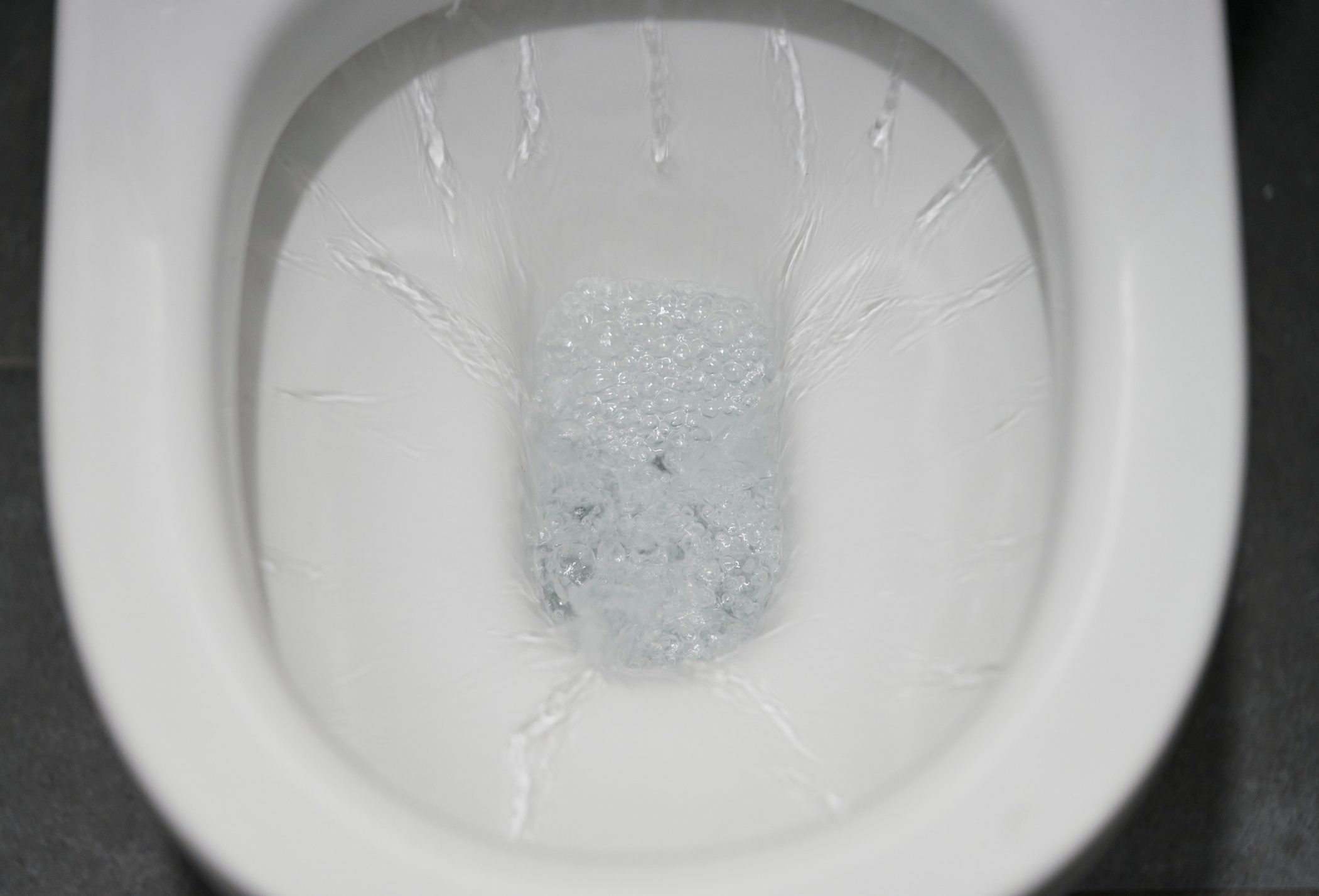More research speaks to the healing power of a balanced gut microbiome, now to the point it may even boost cancer treatment.

New Research: “Poop Pills” May Produce Better Response for Patients with This Condition

Pancreatic cancer is a devastating diagnosis, as it typically comes with one of the lower survival rates among all cancer types. Data reveals that on average, only about 13% of pancreatic cancer patients diagnosed between 2014 and 2020 survived five years post-diagnosis. Comparatively, the average five-year survival rates for other types of common cancers, such as breast or colorectal, show 91% and 63%, respectively.
The pancreas is part of the digestive system, explains the Cleveland Clinic: “Your pancreas helps with digestion and releases hormones that regulate your blood sugar. It also plays a role in supporting other organs like your heart, liver and kidneys.” Now researchers in Canada may have found an interesting link between microbial balance in the gut, and the ability to help treat pancreatic cancer.
A team comprised of doctors, scientists, and researchers from the Lawson Research Institute of St. Joseph’s Health Care London and the London Health Sciences Centre Research Institute is embarking on a “first in the world” clinical trial to see if specialized “poop pills” can provide a specific group of cancer patients a better chance of fighting back. An Ontario-based research team announced on February 26 that they are embarking on a two-year Phase I safety trial implementing “fecal transplants” among a small group of recruited cancer patients. The capsules contain microbes from the guts of healthy volunteers.
According to a press release about the study, cancerous tumors “have their own community of bacteria, viruses, and fungi that helps the cancer defend itself from conventional treatments like chemotherapy.”
One of the study’s scientists, Saman Maleki, PhD, further explained the usefulness of fecal transplants: “Sometimes when we are diseased or if somebody has a chronic condition, the composition, the makeup of the bacteria in the gut changes and you get now some bacteria that are not necessarily very good or are not producing factors that are helping the rest of the body,” Dr. Maleki shared. “When we give somebody a fecal transplant, we are getting bacteria that are healthy from another healthy individual and then putting it into the patient, and now you’re replacing some of that bad bacteria with good bacteria.”
“Completing the fecal transplant helps the chemotherapy kill more cancer cells,” Dr. Lenehan added in the video.
The fecal transplant capsules, described as both odorless and tasteless, are created in a lab after stool is collected from “carefully screened healthy donors.” Referred to LND101, the pills have previously shown encouraging signs in early preclinical trials of better treatment response of other cancers, such as lung cancer and advanced melanoma, according to the press release. The LND101 capsules were both originally created and currently produced at the Lawson Research Institute of St. Joseph’s Health Care London.
This brings new hope to a field of research where breakthroughs can make a substantial difference. “Pancreatic cancers are very hard to treat,” said Dr. John Lenehan, medical oncologist and associate scientist, in a provided video accompanying the study announcement. “The treatments we do have are modestly beneficial. It’s one of the worst prognosis cancers that we have.”
The press release also mentions the important role of poop donations, suggesting suitable donors are “healthy adults ages 18-50 who: have not taken antibiotics in the past six months; are not immunocompromised; and do not have chronic gastrointestinal disorders, such as inflammatory bowel disease.”
So while it’s long been known that blood donation can be life-saving, so, it turns out, might be stool donation. “We’re always looking for healthy people who can donate their poop,” said Dr. Michael Silverman in the video. Dr. Silverman is a scientist and Medical Director of the Infectious Diseases Care Program at Lawson Research Institute of St. Joseph’s Health Care London. “We have done more studies in this area than anyone else, in more different cancer types than anyone else, and we want to continue on that groundbreaking work.”
For daily wellness updates, subscribe to The Healthy by Reader’s Digest newsletter and follow The Healthy on Facebook and Instagram. Keep reading:
















